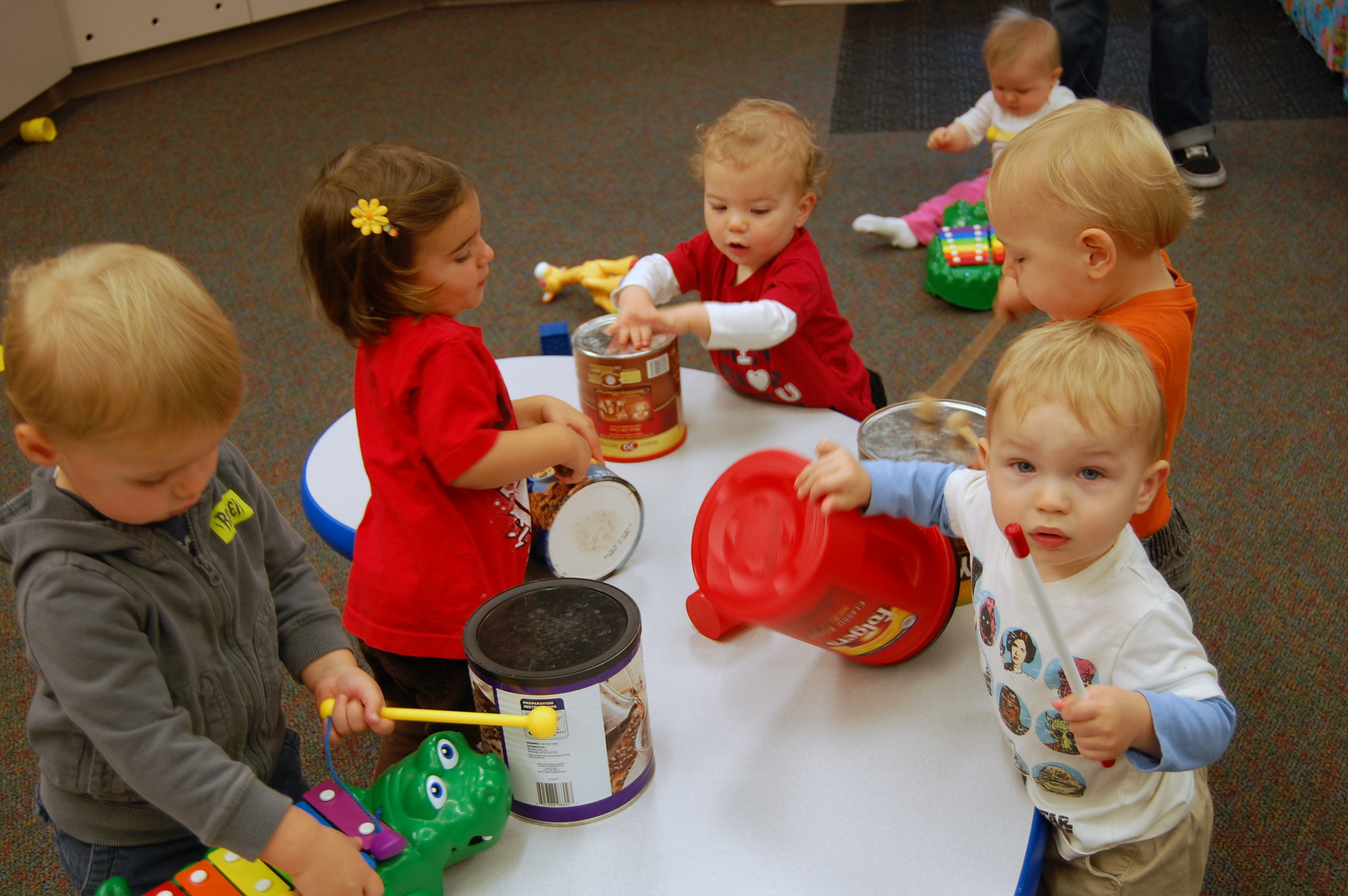More Effective, Less Expensive, Still Controversial: Maximizing Vocabulary Growth In Early Childhood
Our guest author today is Lisa Hansel, communications director for the Core Knowledge Foundation. Previously, she was the editor of American Educator, the magazine published by the American Federation of Teachers.
With all the chatter in 2013 (thanks in part to President Obama) about expanding access to high-quality early childhood education, I have high hopes for America’s children finally getting the strong foundation of knowledge and vocabulary they need to do well in—and enjoy—school.
When children arrive in kindergarten with a broad vocabulary and a love of books, both of which come from being engaged in conversations with caregivers daily and being read to frequently, they are well prepared for learning to read and write. Just as important, their language comprehension makes learning through teacher read-alouds and conversations relatively easy. The narrower the children’s vocabulary and the fewer experiences they’ve had with books, the tougher the climb to come. Sadly, far too many children don’t make the climb; they mentally dropout in middle school, and are physically adrift soon thereafter.
I can’t blame them; I can’t even imagine what it would feel like to be 6 years old and 2 years behind, or 13 years old and 5 years behind. But I can imagine an education system that does not let children down. It would start prenatally, to ensure healthy babies and parents who know the importance of conversing and reading with their children. It would be collaborative and community-oriented from infancy through high school, with schools, parents, day care centers, libraries, after school programs, museums, and other local resources building meaningful partnerships to give all

